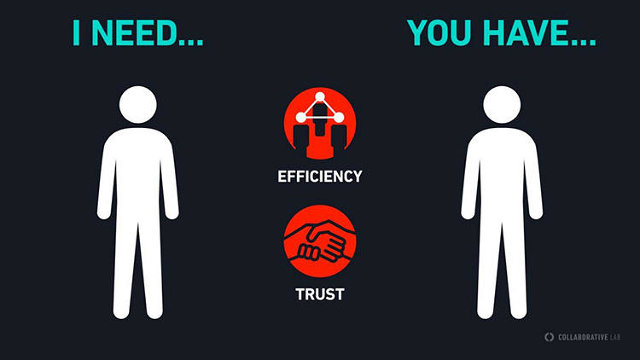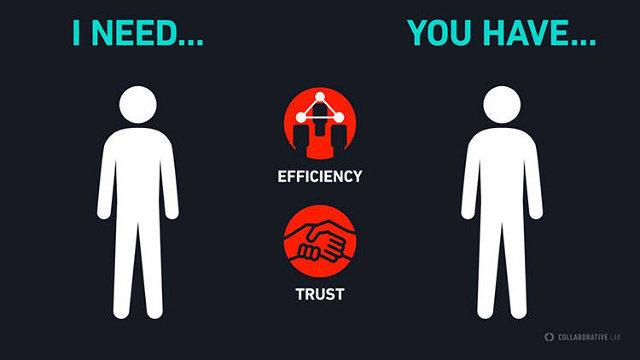
In a recent blog for MQGLP, Chloë Spackman (@Chloe_Spackman) discusses how the collaborative economy can provide solutions to social problems on a global scale. From addressing the needs of Syrian refugees in Germany to empowering innovation in developing countries, the marriage of technology and trust can promote socially beneficial practices in communities around the world.
How can the collaborative economy help Syrian refugees?
Germany is expecting the arrival of 800,000 refugees by the end of the year. Georg Classen, an official from the Berlin Refugee Council, describes the influx of Syrian asylum-seekers, not as an issue of money, but an issue of organization. A German web platform called Refugees Welcome is trying to solve this issue by connecting over 780 citizens willing to share their homes with refugees displaced by conflict in the Middle East.
How can the collaborative economy help entrepreneurs in developing nations?
Rachel Botsman (@rachelbotsman) is an expert on the collaborative economy and how it empowers people in innovative ways.
“It empowers people to tap into skills and talent that they have - but haven’t found opportunities to make money from before.”
Microfinance organizations like Kiva are using technology to harness untapped value or ‘idling capacity’ to address social needs. They connect people with disposable income with entrepreneurs in developing nations who have ideas to benefit their communities, but don’t have access to financial support.
But wait, how can I trust strangers?
There is enormous potential for the collaborative economy to address some of our greatest systematic issues, but that all hinges on one question -- how can I trust strangers? Stackman explains that much of the risk regarding the collaborative economy is perceived:
“...most risks are simply perceived as opposed to fact, and are on-par with other daily decisions we make to trust strangers, such as the barista making your coffee or the bus driver who takes your kids to school.”
The fact is, most risk exists only in our minds because we probably haven’t truly shared since we were children. If we can overcome such unwarranted hesitations to trust and share with others, the collaborative economy may well solve some of humanity’s greatest problems.



